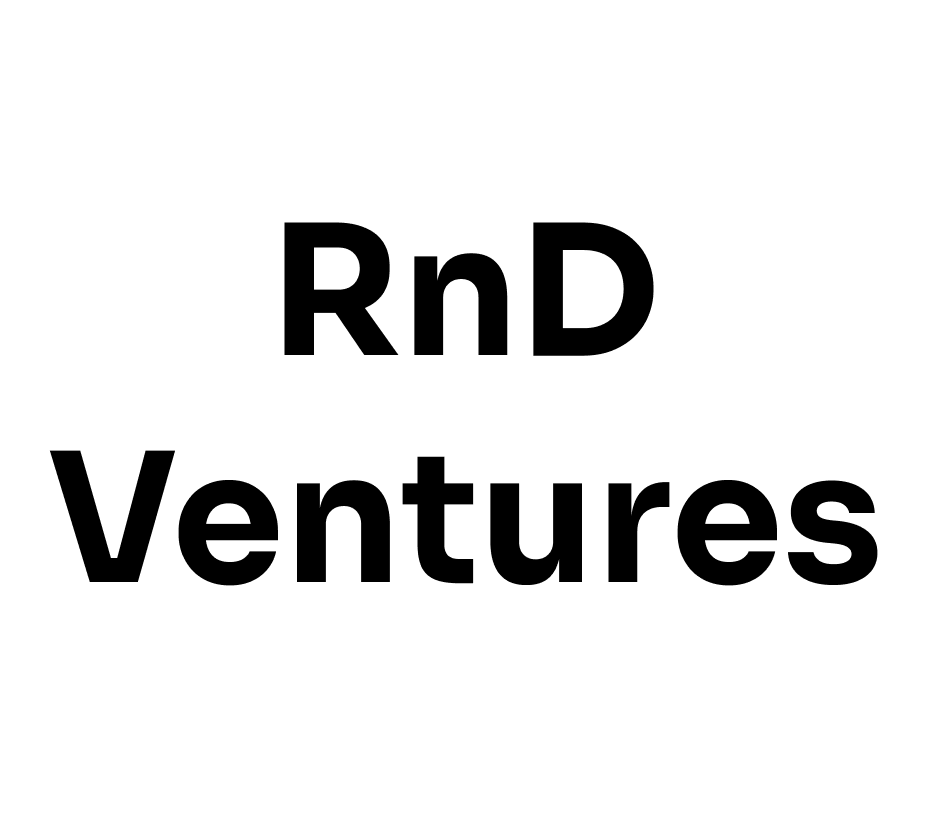Building The Future of Collaboration: The RnD Ventures Vision

Note: The introduction reflects Daniel Ospina's lived experience, while the rest of the article reflects RnD Ventures' collective perspective.
Organizations, like people, can go through near-death experiences. I went through that process when we tried to integrate SAP’s ERP software into a company my family owned. We needed better data access to optimize resources and more agility to compete in a crowded market. SAP is perhaps the most reputable supplier for ERPs - software that connects accounting, inventory management, CRM processes, and more. It was a standard step to take. What could go wrong?
Twelve months in and thousands of dollars later, the bill kept snowballing, and we had to abandon the project. The software was so monolithic that it required changing every piece of the organisation at once. Like doing a heart, liver, and pancreas transplant on the same day. Our company almost died; many don’t make it.
I don’t want to repeat that experience, so now I use more modular collaboration tools. But then I get annoyed at Slack poorly integrating with Google Drive, accounting data being unavailable for strategy decisions about inventory, and Notion’s permission management being completely detached from everything else.
Today, the choice is between monolithic and outdated enterprise software or heavily fragmented tools that lead to clunky workflows. No wonder organisations become slow, siloed, and bureaucratic! The average lifespan of corporations keeps decreasing, as traditional organisations struggle to adapt and innovate while markets move faster than ever.
How we work is evolving. Increasingly, the trend is small entrepreneurial teams that can rapidly collaborate with other teams and organizations. Increasingly, we leverage freelancers, gig workers, and contractors because we need flexibility and speed. Increasingly, we need to operate as networks to be faster and more resilient, but current tools were designed for monolithic corporations and treat swarm-like collaboration as a bug to be prevented with paywalls.
I daydream of an ecosystem of collaboration tools with the smoothness of Apple, enabling us to work not as a slow bureaucracy or in silos but as fast, collaborative networks. Tools I can extend and customise, tools I can mix and match, tools that enable me to collaborate with whoever I want, whenever I want.
This isn't just a thought experiment. It's the future we're accelerating at RnD Ventures. It represents the most significant opportunity in the trillion-dollar market that is collaboration tech. It’s a high-leverage approach responding to the coordination challenges we have as a species, and an opportunity for entrepreneurs to collaborate with us.
The Fragmented Present: Why CollabTech is Broken
Knowledge workers, and especially those working across multiple organisations and in SMEs, juggle 10+ collaboration tools with separate logins, interfaces, and onboarding. We spend the day switching between apps and manually inputting data. Critical context gets lost in transitions, and data silos prevent better decisions. Colleagues struggle to adopt new tools that could genuinely help them. Per-seat pricing and clunky permission management make it hard to collaborate with anyone outside the company account.
Even AI can't bridge the gap when the underlying architecture is so broken.
The root cause: organisations create tools in their image
Salesforce, Microsoft, SAP, and other CollabTech incumbents are still operating as traditional corporations. They struggle to work with anyone outside their walls, their teams operate in data silos, and they’re staffed by employees working in large offices and responding to commands from above the hierarchy. They move slowly as large bureaucracies.
Regular CollabTech startups don’t fare much better as they operate in isolation and have limited headspace for partnerships. Too many startups try to include all the needed features but end up spread thin, doing them all poorly, rather than excelling in one area and integrating with others. And if acquired, startups are quickly dismembered and forced into a monolithic system.
Naturally, when corporations and lone startups build products, integrations, and collaboration are an afterthought. But how can we enable the future of collaboration when CollabTech builders don’t collaborate?
Swarms: effective collaboration in networks
A Swarm is simple: autonomous teams with shared ownership. Each team owns a piece of every other team in the ecosystem. When one wins, all win. Together, they form a stronger network:
- Integration becomes investment: Teams prioritise connecting their tools because they own equity in each other.
- Speed without bureaucracy: 3-10 person teams ship fast while sharing infrastructure that would take years to build alone.
- Compound learning: When one team cracks enterprise sales, all teams get warm introductions.
Haier proved this works at scale—$36B revenue, 4,000 micro-enterprises, outperforming every traditional competitor. And Constellation has proven it can work in software, with 700+ businesses in its umbrella and $6bn+ revenue.
The Vision: a Super App for Work, Built as a Collaborative Network
Imagine: One login. Your entire work stack. No more juggling passwords, copying data, or duct-taping workflows. Seamless collaboration with freelancers, contractors, and partners.
But instead of a closed ecosystem, we're building this through a swarm of specialised teams, each creating best-in-class tools that connect naturally:
- Project management that syncs with your calendar
- Documents that understand your team's permissions
- Analytics that pull from every data source
- AI agents that work across your entire toolkit
A super app for collaboration, composed of modular applications that mix and match to serve many niche use cases, built on shared primitives that enable deep integration and collaboration as open networks.
Not locked behind a walled garden but open and collaborative. Not owned by Microsoft and Google. Owned by the builders themselves.
An open super app, built by a swarm and for swarms. Unlocking next-level collaboration to positively impact every human endeavour.
The Technical Foundation
Two layers: primitives that enable collaboration between tools and eliminate unnecessary dev work, and applications that enable collaboration between users, eliminating bureaucracy.
For Users: smooth
- Sign in once, access everything
- Permissions that follow you across tools
- Data that flows seamlessly between applications
- AI agents that can work across your entire stack
- Mix the tools you like, or even build your own
For Founders: 80% faster time to market
- Authentication handled
- User management solved
- Payment processing ready
- Swarm co-marketing
- Sales and intros via fellow swarm members
- Supportive community
Think WeChat meets Salesforce—but open and modular, where each application promotes the others, like a 3D app store.
The Network Effect Advantage
Each new application that joins our ecosystem makes every other application more valuable. Each new team that joins the swarm brings its customer relationships, market insights, and specialised expertise to benefit the entire network.
This creates exponential growth. While lone startups fight each other for market share, Swarm members out-collaborate the competition. When one Swarm team successfully sells to a Fortune 500 company, they open doors for others. When one team discovers a better user onboarding flow, all teams benefit.
Your Opportunity: Build the Future, Own the Upside
We're selecting 6 entrepreneurs in 2025 to launch CollabTech ventures with us and onboarding highly-driven contributors to work across our ventures.
Perfect if you:
- Want more impact than a lone startup.
- Seek more autonomy than a corporate role.
- Believe collaboration beats competition.
- Are ready to build for the next decade of work.
Next Step:
Select your path and learn more from the articles below, then follow the steps there to introduce yourself, and we’ll invite you to meet a member of our team:
- Aspiring entrepreneur: for pre-idea founders, take on the venture opportunities our research team has identified or propose your own idea.
- Early-stage venture: If you have already founded your venture and started building, you can apply to be incubated by RnD Ventures and become part of our product ecosystem.
- Contributor: Join one of our existing ventures and help them grow as a team member.
You can also check the full list of open opportunities and signal interest by filling out the short form within.
